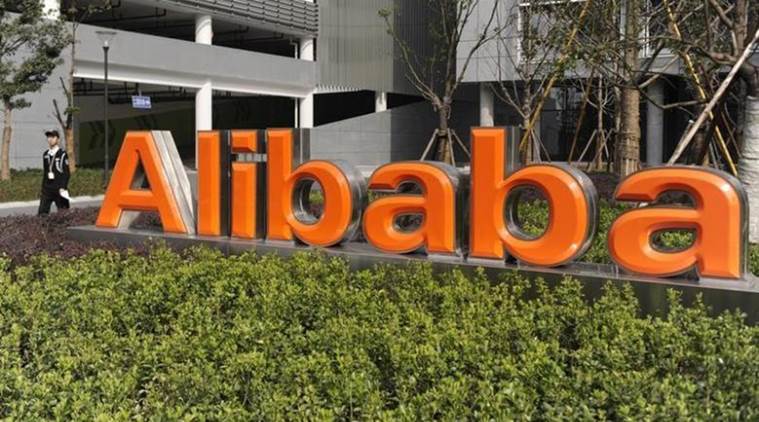Alibaba Group Holding Ltd., simply known globally as Alibaba, has become an official lead sponsor of the Olympic Games until 2028, joining companies like Coca Cola Co. and Samsung Electronics in the elite and rarified air of big budget advertising.
Apart from this prestigious title, Alibaba will also provide cloud computing and data analytics throughout its tenure as lead sponsor.
This is obviously a very big opportunity for Alibaba to take advantage of. In the race for cloud dominance, Aliyun, Alibaba’s cloud computing service, features nowhere near the top ranks with Amazon, Microsoft, IBM and the like.
Not that this alone will give their cloud business the leverage it needs, but it does give them some sorely-needed exposure for their cloud computing division.
One of the biggest challenges for Alibaba now is housekeeping. With counterfeit products sold by the thousands on its outward-facing marketplace portals such as AliExpress, the company is now under extreme pressure to weed out violators.
The International Olympics Committee seems well aware of this problem, and even lauds the efforts of the company to fight counterfeit products. The president of the Committee, Thomas Bach, has voiced his support for Alibaba’s efforts towards this.
Chinese entrepreneur and Alibaba group CEO Jack Ma reportedly has 2,000 people working on the problem, and the company is looking to implement new technology to prevent counterfeit products from featuring on the site. We currently don’t have details about what types of technology they intend to use, but we do know that Alibaba certainly has the resources to put something like that together.
Says Jack Ma about the problem: “It’s difficult to clean all the dirty things in one night.” That’s to be expected when you have over a billion items on sale at any given moment. The biggest problem is to identify and blacklist known offenders so they can’t operate on Alibaba’s portals anymore. It’s a technological challenge as much as one of policing.
With this lead sponsorship position come many benefits. For one, Alibaba is now the first Chinese sponsor of the 2022 Winter Games in Beijing. Secondly, the company now has the right to use the Olympic logo on their marketing collateral, web properties and so on. Apart from Lenovo Group Ltd., it is one of the very few Chinese companies with this privilege.
This will help Alibaba with massive exposure over several years, but what’s in it for the International Olympics Committee? Revenue, of course! Aside from the hundreds of millions of dollars that a company must pay the Committee towards the sponsorship, there’s another important area as well, and that’s engagement. Since the Olympics are now being sponsored by yet another major Chinese public corporation, the engagement for the Games will be much higher in China, and more engagement means more revenue for the Committee.
One of the events that likely spurred Alibaba to apply for a lead sponsor’s position is the government’s stand on sports. The Chinese government has specifically called for local companies to promote the sports sector, and Alibaba is merely taking that onus on itself.
The exposure will certainly come, but will the business follow? After spending hundreds of millions of dollars, plus providing all the cloud computing infrastructure and applications required during the hosting of the Games, can Alibaba expect to make any sort of returns on their investment?
This sponsorship deal could get them a sizable chunk of business from outside markets. As of now, they only have two datacenters in the U.S., but globally, they intend to open four more, in Australia, Germany, Japan and the United Arab Emirates. That will bring their total datacenter footprint to nearly nine different locations across the globe.
That’s not nearly as big as any of the top cloud service providers, but as they build out more datacenters they should show an improvement in latency, which is one of the critical considerations for a cloud customer.
But for now, Alibaba is not looking at the profitability aspect of Aliyun. What they need now is exposure in a world of cloud customers that have no idea that Alibaba also provides cloud services. And the new partnership with the IOC and the Games themselves is very likely to give them that exposure.
Alibaba’s first event, as it were, will begin at the Olympic Games in Tokyo in 2020.
Thanks for reading our work! We invite you to check out our Essentials of Cloud Computing page, which covers the basics of cloud computing, its components, various deployment models, historical, current and forecast data for the cloud computing industry, and even a glossary of cloud computing terms.



